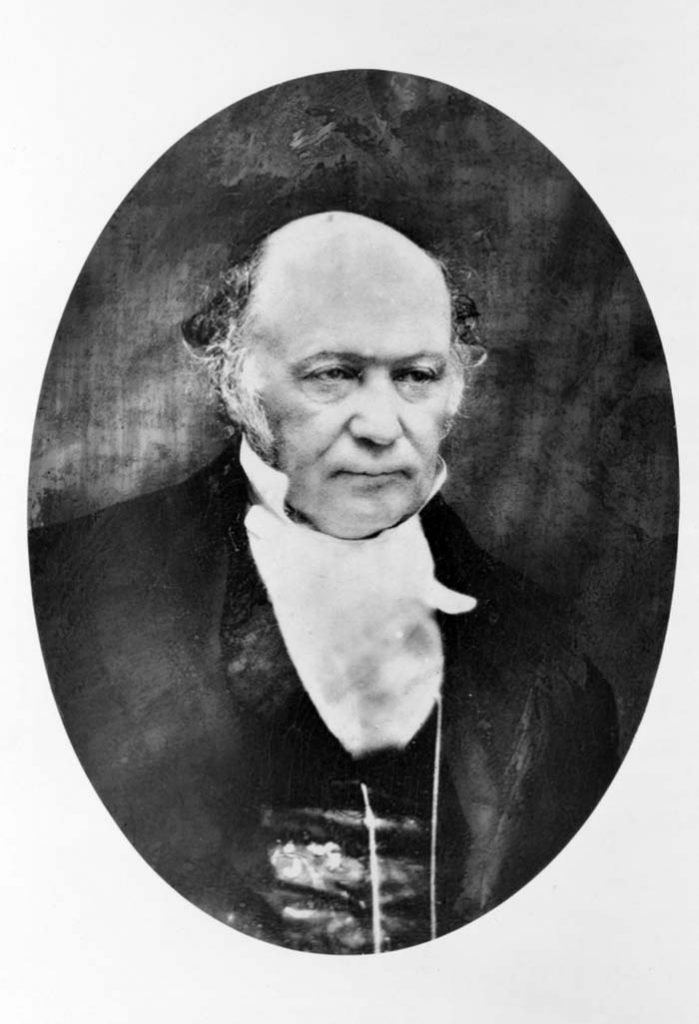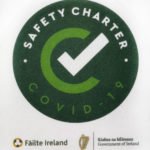William Rowan Hamilton was an Irish mathematician, astronomer, and physicist who was born on August 3/4, 1805, in Dublin, Ireland, and died on September 2, 1865, in the same city[3][4]. He is known for his contributions to mathematics, including the development of quaternions, a system of hypercomplex numbers that extends the complex numbers[1][2][4]. Hamilton was also an accomplished astronomer and physicist, and he made significant contributions to optics, dynamics, and algebra[1][3][4].
Early Life and Education
– Hamilton’s father, Archibald Hamilton, was a solicitor, and his mother, Sarah (née Hutton), came from a well-known family of coachbuilders in Dublin[2].
– Before his third birthday, William was sent to live with his uncle, James Hamilton, who was a clergyman of the Church of Ireland and curate of Trim, County Meath. Being in charge of the diocesan school there, James was responsible for his young nephew’s education[2].
– Hamilton entered Trinity College, Dublin, in 1823. He excelled as an undergraduate not only in mathematics and physics but also in classics, while he continued with his own mathematical investigations[3].
Career and Contributions
– A substantial paper of his on optics was accepted for publication by the Royal Irish Academy in 1827. In the same year, while still an undergraduate, Hamilton was appointed professor of astronomy at Trinity College and Royal Astronomer of Ireland[3].
– Hamilton is world-renowned for his work in dynamics. He clearly saw structural similarities between the laws governing light waves and particle motion, thus conceptually unifying two apparently very different phenomena. This great insight was an essential component of Schrödinger’s formulation of quantum mechanics, the underlying description of fundamental physics[4].
– Hamilton stunned the world by inventing Quaternions on 16th October 1843. This opened the door to new non-commuting structures in mathematics, such as groups and rings[4].
– Hamilton was deeply interested in literature and metaphysics, and he wrote poetry throughout his life. While touring England in 1827, he visited William Wordsworth. A friendship was immediately established, and they corresponded often thereafter. Hamilton also admired the poetry and metaphysical writings of Samuel Taylor Coleridge, whom he visited in 1832. Hamilton and Coleridge were both heavily influenced by the philosophical writings[3].

Personal Life and Legacy
– Hamilton was knighted in 1835 and was the first foreign member elected to the National Academy of Science (USA) in 1865[4].
– Hamilton died on September 2, 1865, at the age of 60, after a long illness[2].
– Hamilton’s contributions to mathematics and physics have had a lasting impact. Terms such as “Hamiltonian” and “Hamiltonian system” have entered the everyday language of mathematicians and physicists[2].
– Hamilton’s work on quaternions has been applied in many fields, including computer graphics, robotics, and aerospace engineering[1].
– Hamilton’s legacy is celebrated in many ways, including the Hamilton Mathematics Institute at Trinity College Dublin, which was established in his honor[4].
Citations:
[1] https://mathshistory.st-andrews.ac.uk/Biographies/Hamilton/
[2] https://physicsworld.com/a/william-rowan-hamilton-mathematical-genius/
[3] https://www.britannica.com/biography/William-Rowan-Hamilton
[4] https://www.tcd.ie/Hamilton/about/w-hamilton/
[5] https://www.maths.tcd.ie/pub/HistMath/People/Hamilton/NBRev/NBRev.html
[6] https://en.wikipedia.org/wiki/William_Rowan_Hamilton
The best way to keep in touch and to be aware of our events
Don’t forget to confirm your subscription in the Email we just sent you!

Please pre-book your visit over Christmas at least 24h in advance via Email or Online booking.
MondayClosed
Tuesday10:00 AM - 5:00 PM
Wednesday10:00 AM - 5:00 PM
Thursday10:00 AM - 5:00 PM
Friday10:00 AM - 5:00 PM
Saturday11:00 AM - 5:00 PM
Sunday11:00 AM - 5:00 PM
Adult €7.50
Children 10 to 16 €3
2 Adults & 2 Children €15
Adult is 16 years+
Family Ticket is 4 family members together
Children under ten are free but must be accompanied by an Adult

The Maria Edgeworth Centre is operated under the direction of the Edgeworthstown District Development Association (EDDA) – a Not for Profit Voluntary Community based registered charity Reg:223373. Registered Charity Number 20101916
© 2023 Maria Edgeworth Centre – All Rights Reserved
On the 17th of August 2024 as part of Heritage Week, with support from the County Heritage Officers, the Heritage Council, Longford County Council Libraries, Archives, Arts and Heritage,
IMMA, OPW and the Computer and Communications Museum Ireland on the NUIG Campus,
Ray Jordan and volunteers from the Maria Edgeworth Centre aim to simulate Edgeworth’s 1803 transmission by telegraph.
Click the link below to learn more or to register to attend either in person or via Zoom.
Join us for this recreation of a key moment in the history of communications